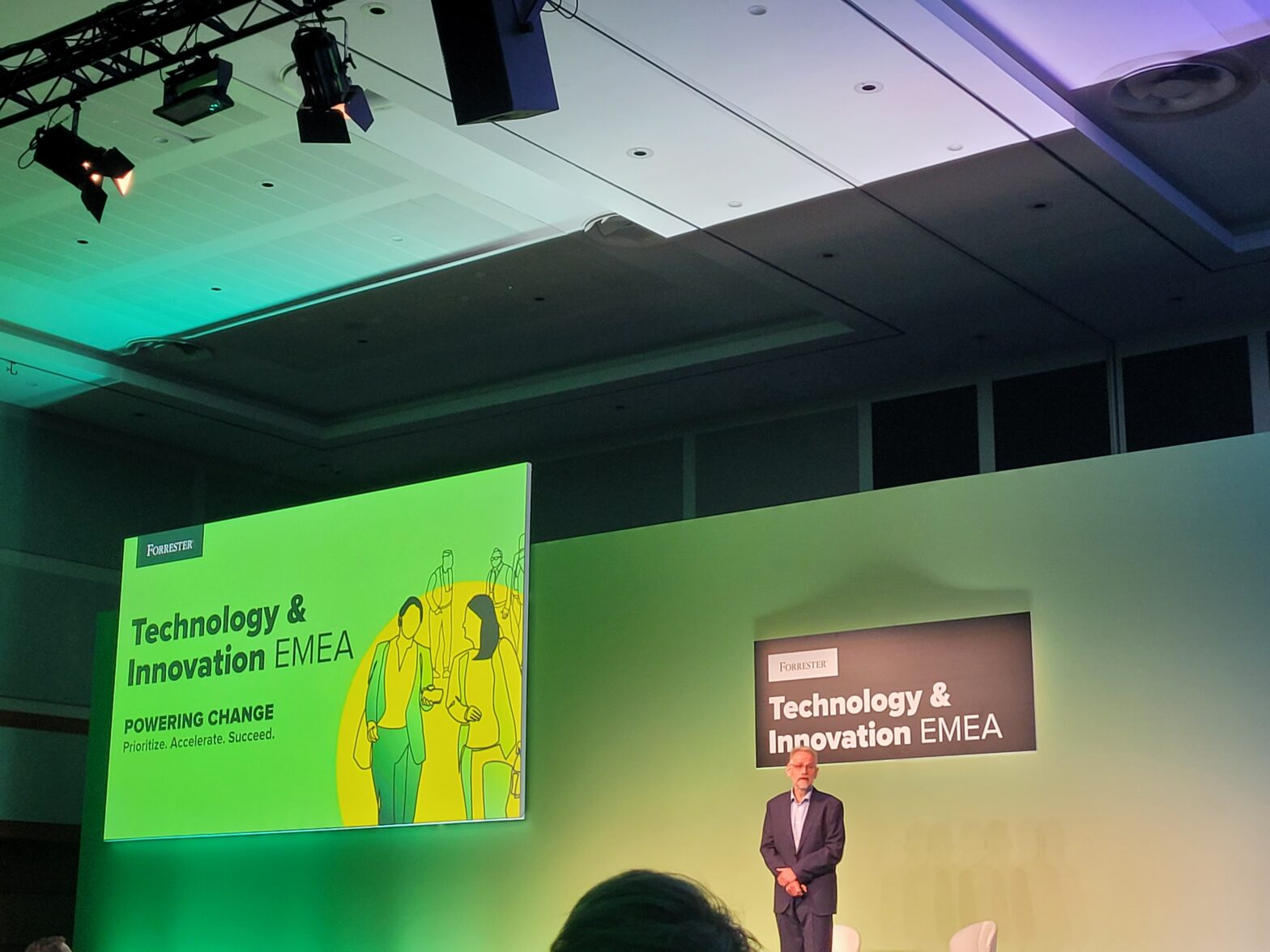Are you unfulfilled in your role? Is internal politics getting you down? Sounds like a bad promotional video…
But, this is the reality for a significant number of UK CIOs, who feel unfulfilled in their roles; with many claiming to be held back by internal politics and ‘sacred cows’, according to new research from Citrix.
The research is based on the answers of 400 CIOs in organisations employing over 250 employees across the UK
Just two in five (42%) CIOs believe they “fulfilled their visions” in their last job role, and more than half (53%) believe they only achieved ‘some’ of their goals.
Reflecting on why this might be the case, around three quarters (73%) felt the IT infrastructure they inherited from their predecessor made their job of transforming the organisation into a digitally-led business an uphill challenge.
So, what holds them back? Three main reasons were cited:
- Internal politics and ‘sacred cows’ (ideas or ways of working which are seemingly immune to criticism — 24%);
- the c-suite seeking an immediate return on investment from projects — 22%
- and tight budgetary restraints — 22%.
The CIO has “to be a little bit of everything” and focus on the business
Digital maturity a long way off
Just 6% of CIOs describe the technology in their organisation as agile and inherent to the business. And, 38% consider their organisation to be at the ‘functionally competent’ stage of development — where the technology works but isn’t ‘smart’ or used well.
Poor IT infrastructure, underinvestment in technology and weak internal IT leadership skills has the largest impact on reduced productivity (49%), restricted growth (45%) and a lack of modernisation across the business (41%), according to the CIOs surveyed.
Trying to move the organisation forward, 60% of organisations have hired a chief digital officer. However, just under half of CIOs believe the CDO position will be redundant within five years, with a further 11% believing the role isn’t needed at all.
CIO’s will steer cultural change to drive digital transformation, says Gartner
The CIO role: long-lasting?
Over half of the CIOs surveyed last five years in their role before moving on. A similar number anticipate spending the same time in their current post. And, around one in five (16%) don’t believe they’ll stay longer than three years in their current post.
To remain effective and maintain a strong CV, CIOs feel they need to move to a new CIO position at least every five years. Alongside this, around 24% CIOs are now taking on the responsibility that a CDO or equivalent would hold (rather than formally appointing someone to take this role).
“CIOs need patience, backing and autonomy from the board in order to turn their vision into a reality. Many feel hamstrung by the infrastructure they inherited and report being denied the time and organisational structure to put it right — resulting in them leaving their roles without having achieved what they’d set out to do,” said Darren Fields, regional director, UK & Ireland, Citrix said.
“For any organisation to reach a point at which digital technology is a business enabler – rather than a function – its tech leaders must be allowed the time and freedom to evaluate the state of play, develop a plan and then execute on it. Short-termism leaves businesses uncertain on this digital strategy, which holds back productivity, restrains growth and puts businesses under increasing threat from competitors.”










